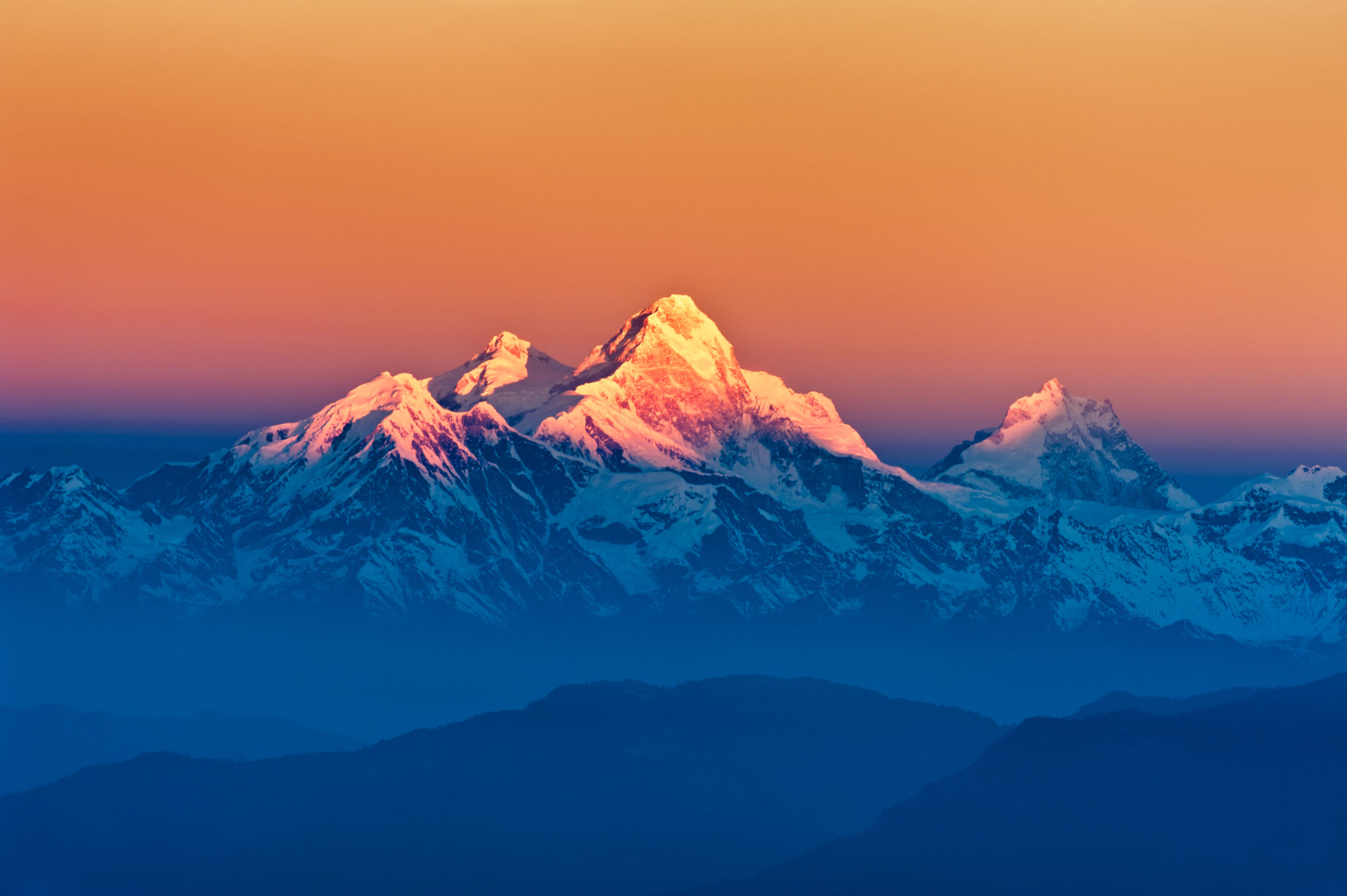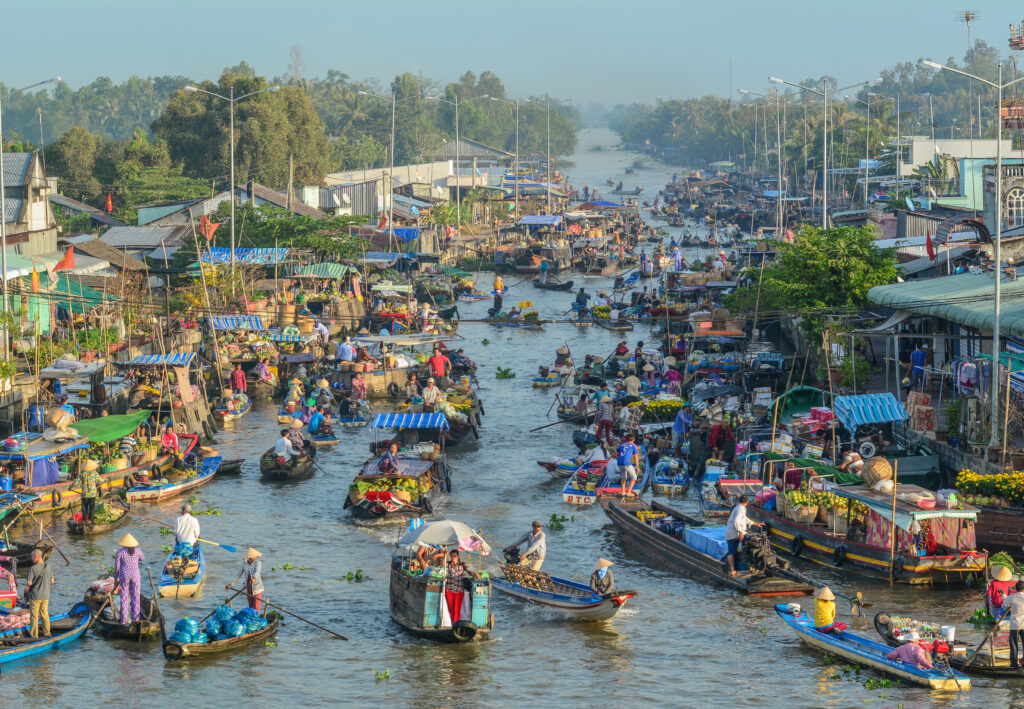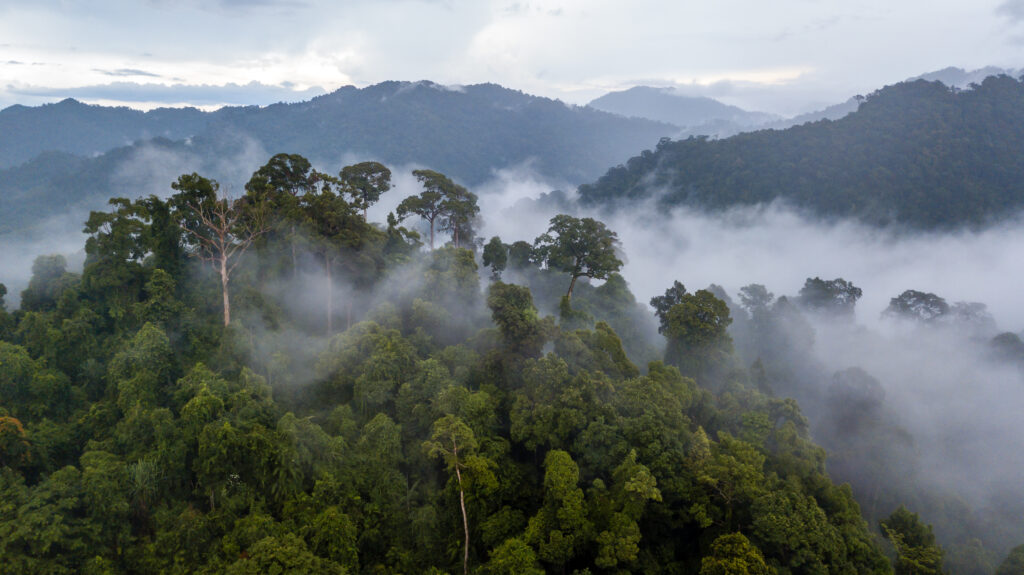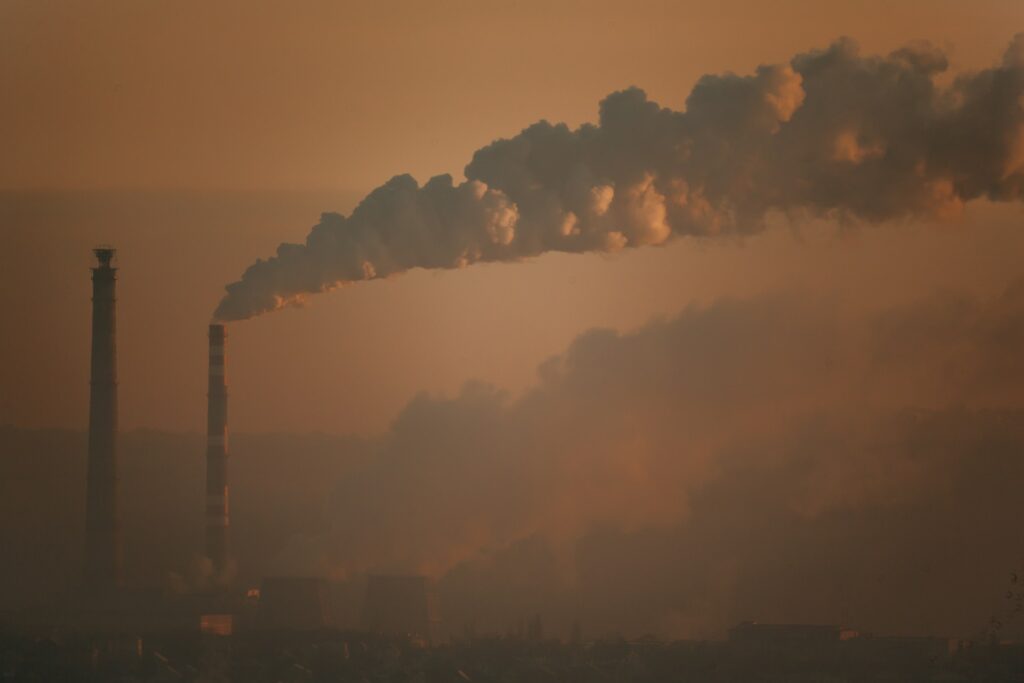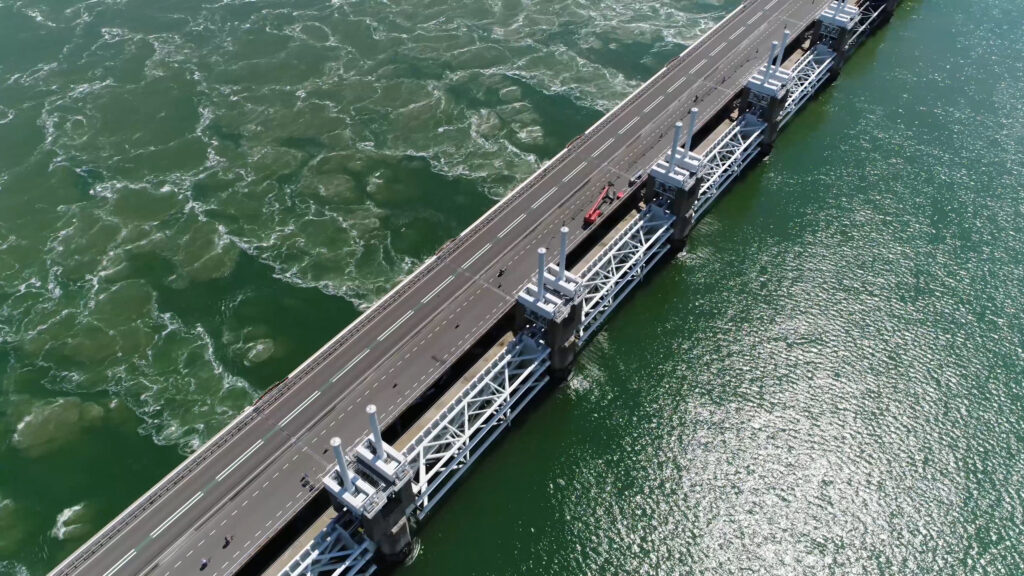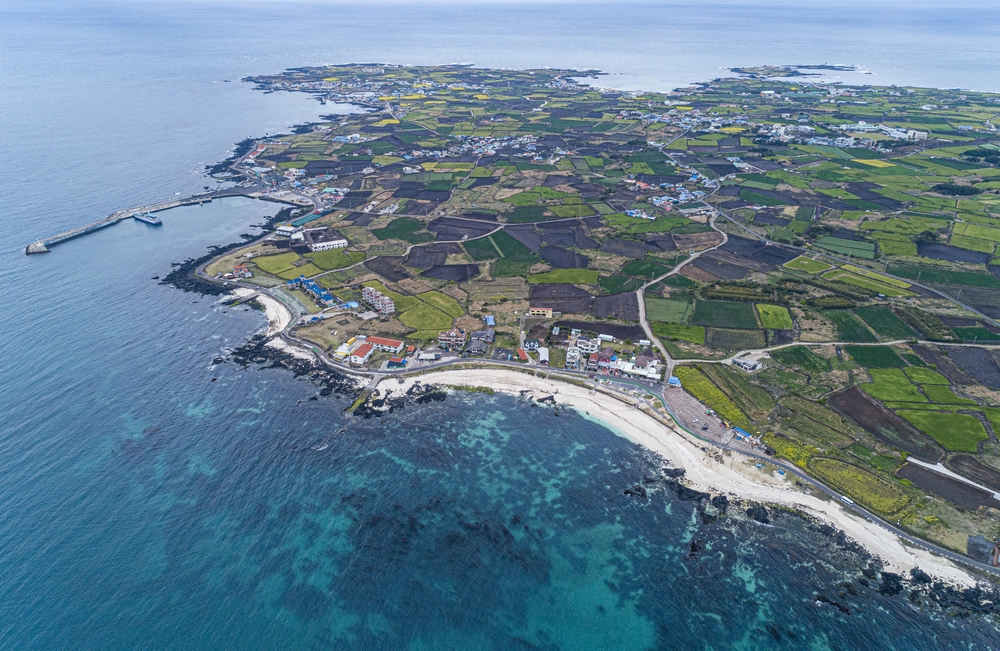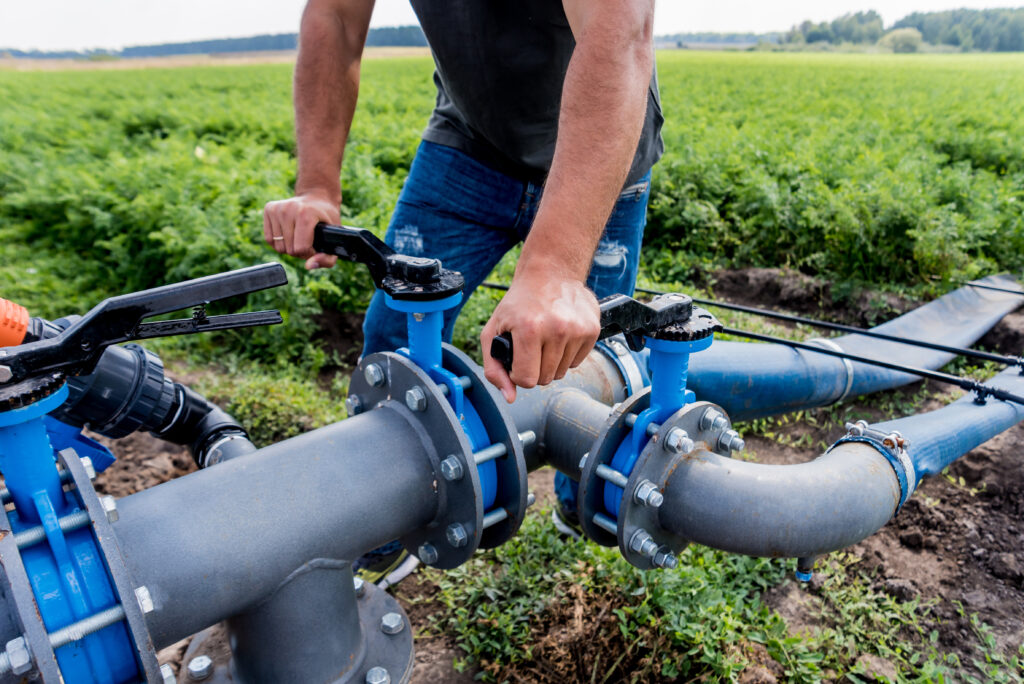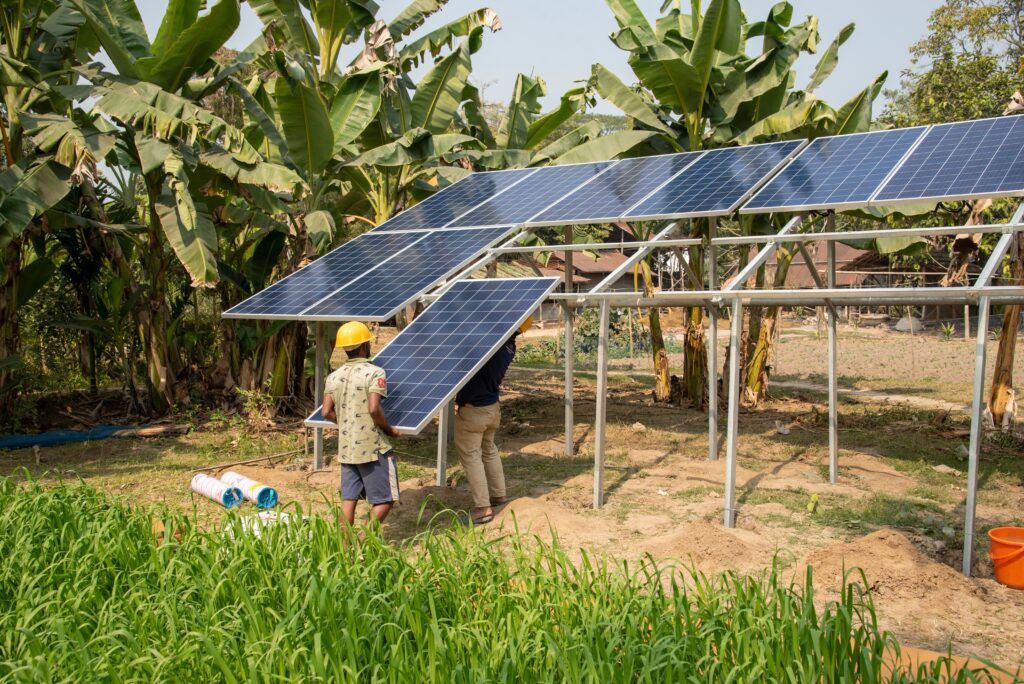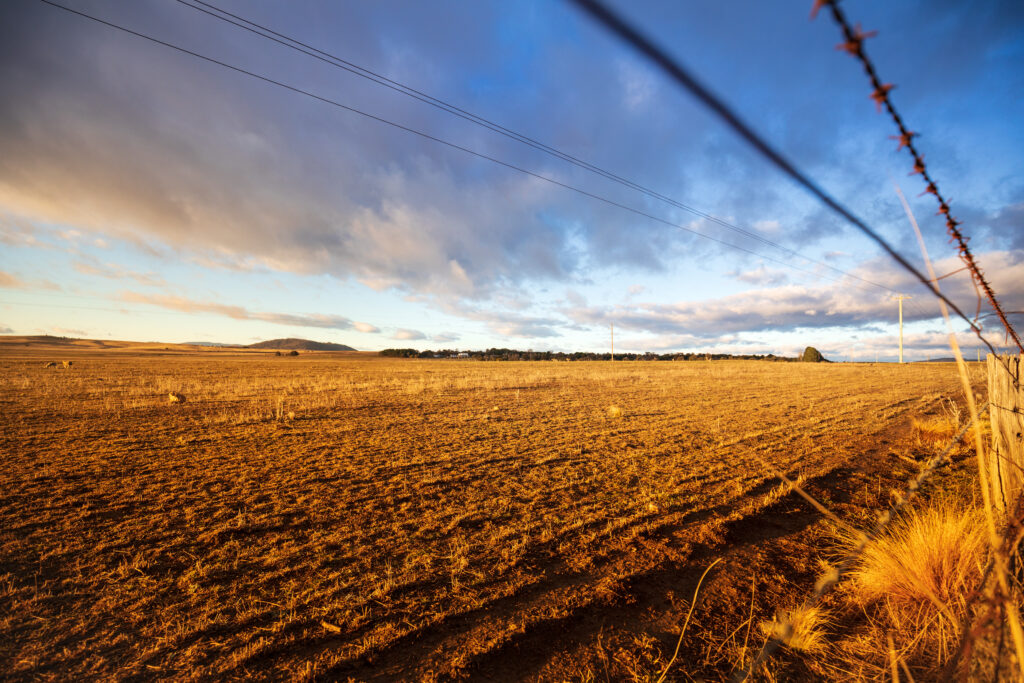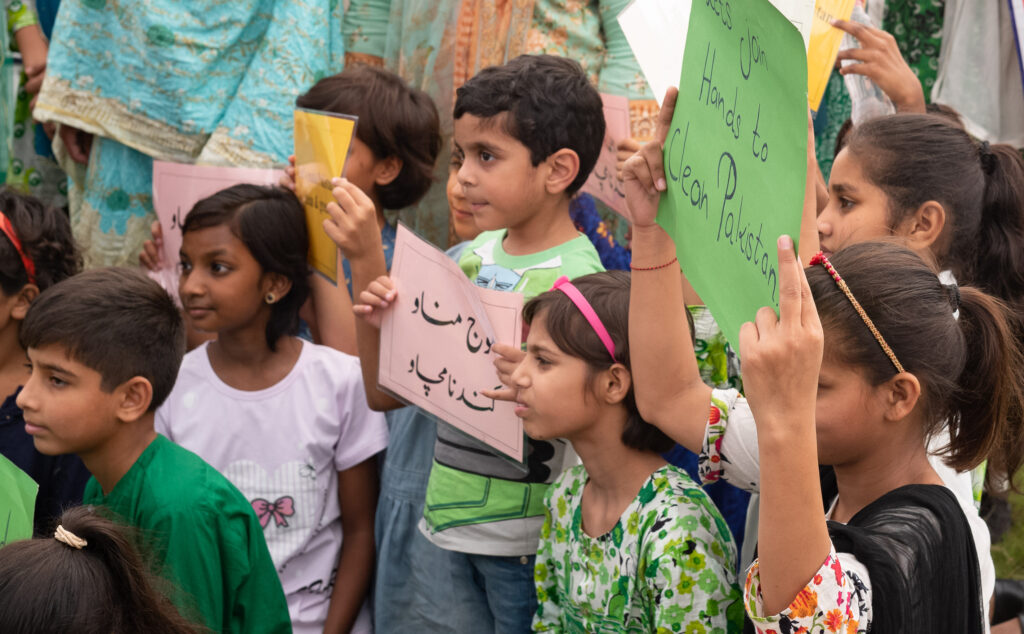Global Food Security and Climate Change
The impact of climate change on food security will be severely felt in Asia. The continent’s central glaciers are crucial to millions of people who rely on their meltwater for their crops. However, increasing temperatures mean these vital freshwater reserves are melting at an unprecedented rate, with some predicting the Himalayan glaciers may disappear by the end of the century. The consequences of this loom large. About a dozen rivers originate in the Himalayas, including the Ganges, the Indus and the Yangtze, with up to 2 billion people living around these river basins.
“This region is known as the third pole, because, after the North and South Pole, it has the third largest amount of snow and ice stores on Earth”, explained Hester Biemans, a researcher in water and global food Security at Wageningen University in the Netherlands. The difference is that the melt from this third pole directly impacts a major global food-producing region, with millions of people relying on this water for food and livelihoods, she said.
How Does Climate Change Affect Food Production and Agriculture?
Understanding the cascading effects of melting glaciers on downstream populations and agriculture is the core of Biemans’ research. Reflecting on the data, which showed that up to 2 billion people relied on the Himalayan glaciers, Biemans wanted to look more deeply at the impacts on the people who are so dependent on this water.
The rivers of the Himalayas feed extensive irrigation networks, nourishing agricultural fields that are sometimes hundreds of kilometres away. The region as a whole is agriculturally intensive, producing one-third of global rice alongside a large global share of wheat, sugarcane and cotton. Biemans estimates that 130 million farmers depend on glacial meltwater in the Indus and Ganges basins alone.

These rapid changes in the glacial melt raise concerns about the potential consequences for staple food production and the overall food security of the area. Historically, the meltwater from the glaciers has provided a reliable flow of fresh water to Asia’s breadbasket during periods of low rain. However, if a river changes from being meltwater-driven towards being rainwater-driven, this changes the timing of the water supply and river flows to these farmers, explained Biemans. These changes can lead to water shortages, droughts, an excess of water and flooding. “It’s clear that there will be a huge impact on water availability and food production,” she said.
The Impact on Food Production in Pakistan
Pakistan is home to 7,000 glaciers, and farmers in Pakistan use meltwater to produce rice, cotton and sugarcane. If increasing temperatures mean glacial meltwater flows down from the mountains earlier, farmers will need to extract more groundwater later in the year, unless they can better retain the meltwater. This is because the summer’s growing season is hot and dry until the monsoon rains begin. These farmers already pump a lot of groundwater to grow rice, cotton and wheat, but this is largely unsustainable. Moreover, the population is growing rapidly. This is contributing to an increasing demand for water, and the groundwater is dropping deeper and deeper.
Given these changing climate and socioeconomic conditions, it may become difficult for Pakistan to maintain its agriculture and food production in the future. Due to these mounting pressures, difficult choices might need to be made. For example, growing less cotton would leave more water for food, said Biemans. However, there is a trade-off here, as cotton brings in a lot of money to the country.
Furthermore, transboundary relations might need to change over the coming decades, Biemans explained. This is largely due to changes in the mountains and glaciers, as well as water use in different parts.
Solutions For Food Security in the Himalayan Region
Understanding how changes in Himalayan glacial melt impacts agriculture downstream is incredibly complex. However, this work is vital to enable the implementation of adequate local adaptation measures. With a new grant from the European Research Council (ERC), Biemans now plans to model the extent to which the changes in the mountains affect food production downstream across all 12 river basins. The model will map every litre of irrigation water in the region.
If we can understand the risks to the availability of water depending on its origins, we can make plans for adaptation, said Biemans. Ultimately, these adaptation solutions will likely entail a combination of many different things, she added. These include water storage, water saving, changing sowing days or changing crop varieties that use less water or are more tolerant to heat. Understanding the specific water scenario in each region will allow for the best adaptation solutions to be put forward.
Given the complex interplay between water and food security, a multidisciplinary approach is also paramount. “Finding good solutions is not only about the biophysical, it also requires collaboration with local institutes, as well as water governance specialists and economists,” said Biemans. And while adaptation measures are crucial, the world is still off track to rein in the worst impacts of warming in the future. Cutting greenhouse gas emissions and accelerating net zero is therefore also vital to help safeguard this precious and climate-vulnerable region.
Evelyn Smail
Writer, United Kingdom
Evelyn is a freelance writer and journalist specialising in climate science and policy, the just energy transition and the human impacts of climate change. She writes for independent publications, NGOs and environmental organisations. Evelyn has a background in sustainable development, climate justice and human rights.
Evelyn is a freelance writer and journalist specialising in climate science and policy, the just energy transition and the human impacts of climate change. She writes for independent publications, NGOs and environmental organisations. Evelyn has a background in sustainable development, climate justice and human rights.

